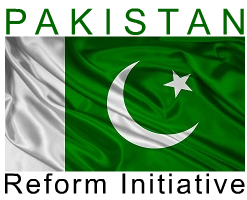Since Independence, the Pakistani civil service has more or less followed the British model, but the pressures emanating from within and outside are now forcing the Pakistani civil service to professionalise itself. The Pakistani civil service system is composed of the federal and the provincial civil service system. It is a rank-based system, where generalists are preferred to specialists, and lifetime employment is provided to its incumbents. The pay and perks received by the civil servants are many times higher than the per capita income of the common man in the country.However, these perks have definitely been on the lower side as compared to what is being received by the private sector managers and employees of multinationals in Pakistan.
Civil Service Reforms
Civil Service Reforms

This paper examines the importance of a strong governance structure as a cornerstone of promoting the civil service reforms (CSR) in Pakistan. The effectiveness of civil service is a function of the good governance. The paper argues that any reform efforts to promote CSR through good governance in Pakistan should begin by addressing, first and foremost, the institutional roots of the problem to have a positive payoff. The paper addresses the following questions: What are the modes of governance; what constitutes good governance and CSR; how does governance help CSR; and what factors are crucial for CSR? The resolution of these questions is important for a better understanding of the complex interface between the governance process and the CSR, and for the formulation of strategies underpinning the CSR, which is critical to both economic growth and further development of the civil service in Pakistan.

